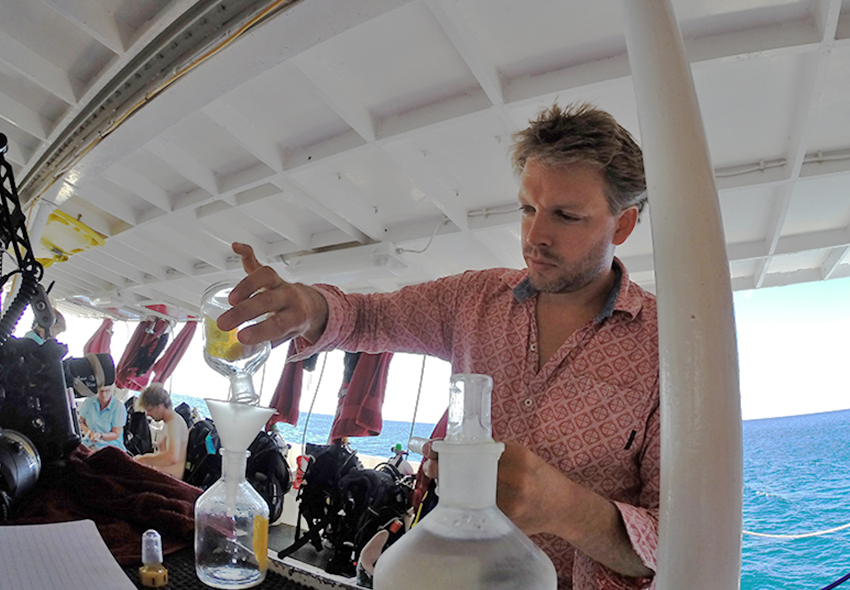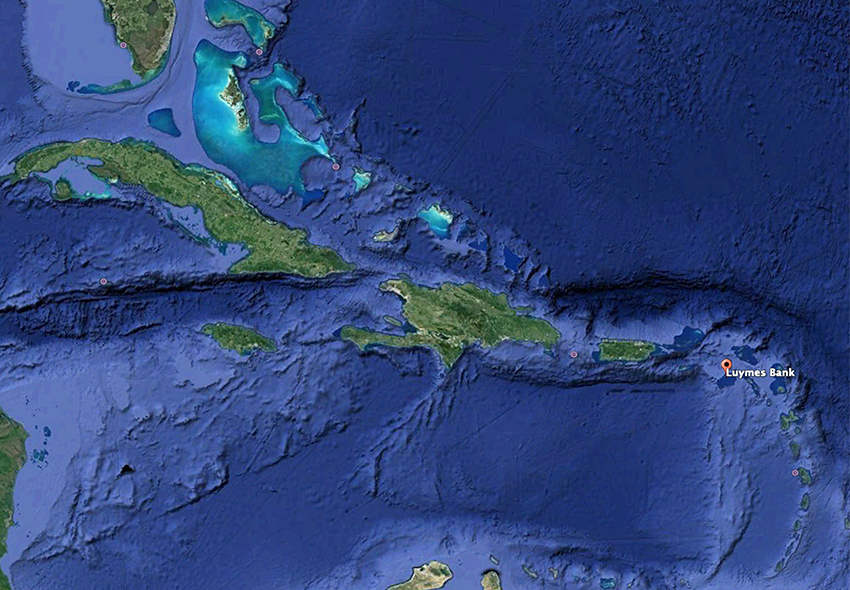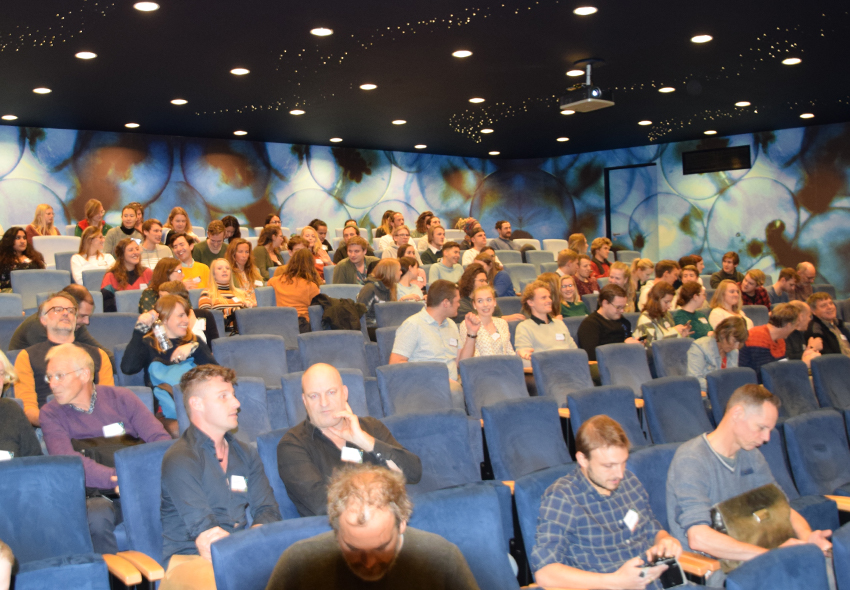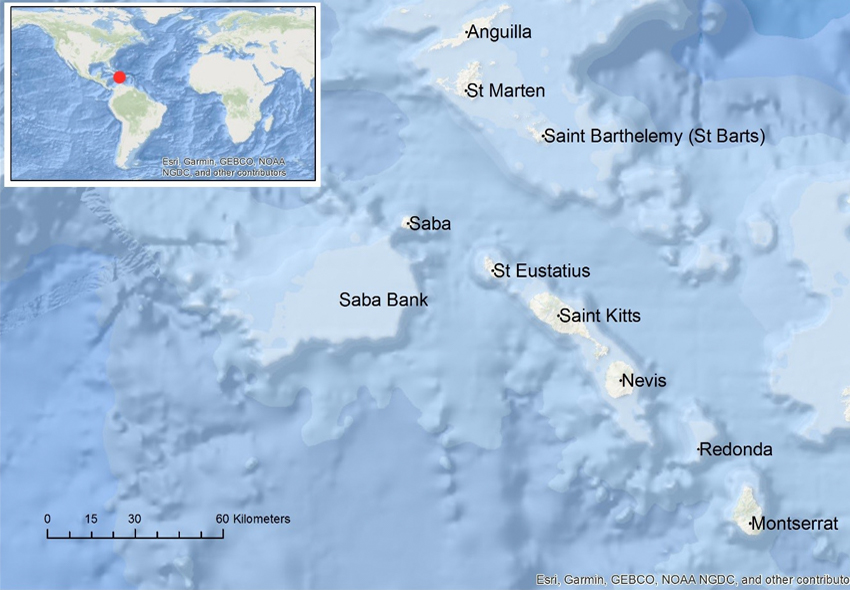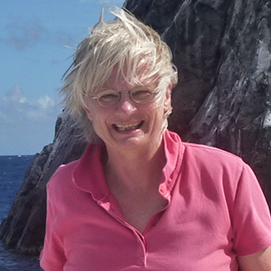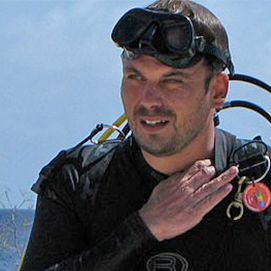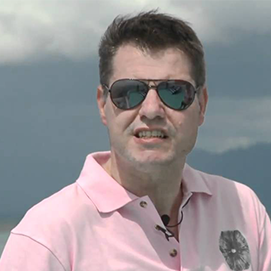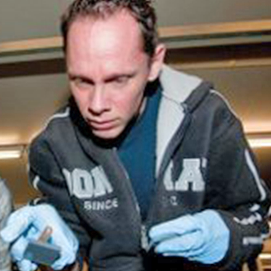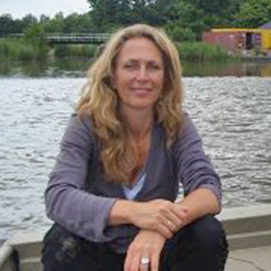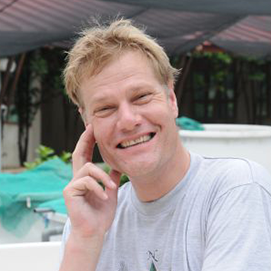Mission
Developing, disseminating and applying knowledge of marine biology for the sustainable management of tropical marine areas (that are relevant to the Netherlands) in co-operation with local partners.
Objectives
Assembling the tropical marine expertise of the platform participants, applying this to the management of tropical marine areas, and stimulating and co-ordinating education and research in the fields of tropical marine biology and ecology.
Climate change and coral reefs
30%
Degraded by local impacts and by over-harvesting
0.7º C
Increase of world's oceans surface water resulting in mortality events
350 ppm
Wanted limit for atmospheric carbon dioxide (CO2) concentrations
18 cm
Average sea-level rising
Why AcroporaNet
The AcroporaNet participants have many years of expertise in the fields of biodiversity and the systematics, physiology and life cycles of tropical marine organisms. This expertise is essential for measuring, monitoring and understanding processes and changes in marine systems, and the influence of human activity on them.
The biological expertise at AcroporaNet focuses on the functioning of marine ecosystems such as coral reefs, seagrass beds, mangroves, and tropical tidal areas. This knowledge is available and will be further deepened with regard to the effects of changing environmental factors (e.g. eutrophication and climate change), the functioning of tropical organisms, trophic relations (e.g. role of symbionts), ecosystem functions (e.g. productivity, capacity), and the resilience of the ecosystem (e.g. connectivity and phase shifts). This knowledge is essential for understanding changes in tropical marine communities.
In tropical areas in particular, a large part of the population lives close to the sea. For many, it is primarily the sea that provides the basic necessities of life, also because many people are financially dependent on the sea for e.g. tourism and fishing. Marine biodiversity and the use of natural resources are under pressure because of global factors such as climate change and overfishing, but also because of more local factors such as eutrophication, pollution, land reclamation, and maritime construction. The participants of AcroporaNet contribute to the sustainable management and use of tropical marine resources through fundamental and applied scientific research and advisory work.
